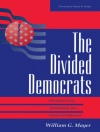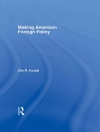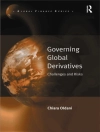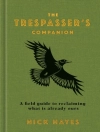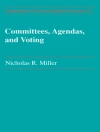The 2016 Brexit referendum result has been portrayed as the consequence of various short-term phenomena: the financial crisis, austerity, migration and UKIP, to name a few. Overnight the political future of the UK took an unprecedented and unexpected turn against EU membership. Since then, the UK’s government has been charting unknown waters in its negotiations to disentangle the United Kingdom from its membership and obligations to the European Union.
In this book, Martin Westlake argues that focus on the short-term, reflex action of the Brexit vote has overshadowed a series of longer-term trends that were inexorably leading, or pushing, the UK away from full membership of the European Union. He shows that the UK was an increasingly semi-detached member, requiring ever more elaborate and ingenious fixes with opt-outs and rebates to keep its involvement in the project. Rather than a sudden, impulsive act of rejection, Brexit should be seen as having taken place over a number of years at various levels: a gradual slipping of the ties that bound the country to the European Union.
Inhoudsopgave
Introduction: how shorter-term woods have blinded us to longer-term trees
1. The means to an end: the looming prospect of a referendum
2. How to be out without being out: the deepening conundrum of the eurozone
3. To vanishing point and beyond: the strategic goal of enlargement and its logical consequences
4. Being careful what you wish for: the British in the European Parliament, before and after proportional representation
5. The not-so-mysterious case of the disappearing Sir Humphreys
6. We don’t agree: the spitzenkandidaten procedure and British political parties
7. And the people? Were we ever really In?
Conclusions: chronicle of a Brexit foretold?
Over de auteur
Martin Westlake is Visiting Professor in Practice at the European Institute, London School of Economics, Visiting Professor at the College of Europe, Bruges, and a research fellow in the Department of International Relations at the London School of Economics. He has worked in the Parliamentary Assembly of the Council of Europe, the Council of Ministers and the European Commission, with the European Parliament, and since 2003, in the European Economic and Social Committee, where he served as Secretary General from 2008 to 2013. He has published widely on European institutions and on European and UK politics, including a major political biography of Neil Kinnock.


